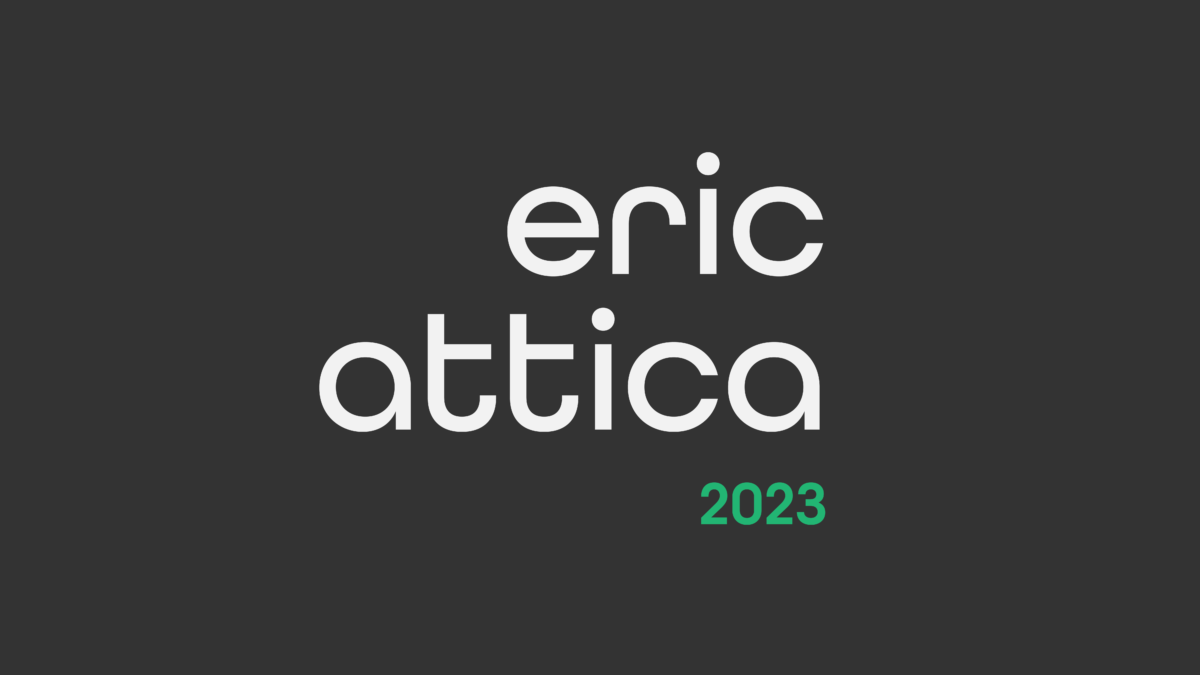Here’s something I’ve been thinking about.
In my culture, knowing is a virtue. It’s a symbol of power to know things (presidents and professors and CEOs are expected to be in the know), and an embarrassment to be ignorant.
Have you ever pretended to know something, or have seen something? I’ve said I’ve seen Psych, even though I’ve only seen two episodes all the way through, and I’ve definitely pretended to know the story of Orpheus in Greek mythology. What if I asked you right now why the sky is blue? Do you know? Would you pretend to know?
As a scholar-in-training, it’s my job to know things. But I can only learn things if I admit I don’t know them. Yesterday I realized that I really don’t know how rivers work. Where does the water actually come from? Why doesn’t the water run out? Why is it easier to grow things around rivers? Dumb questions—anyway, I found and read an article for grades 5–12 about how rivers work, and now I think I understand the world a little better.
It’s the ancient question: Why was Socrates wise? The prophetess says there is no man wiser than he, and Socrates decides to try find a wiser person in order to test her words. “I know that I have no wisdom, small or great,” he says. He talks to all occupations of society and discovers that that they are all less wise than they think they are, and realizes that he his wise not because his wisdom is great, but because he accurately knows that he knows nothing.
Ignorance may not be a virtue, but being honest about one’s ignorance is. What do you think? Have you asked any “dumb questions” lately?

